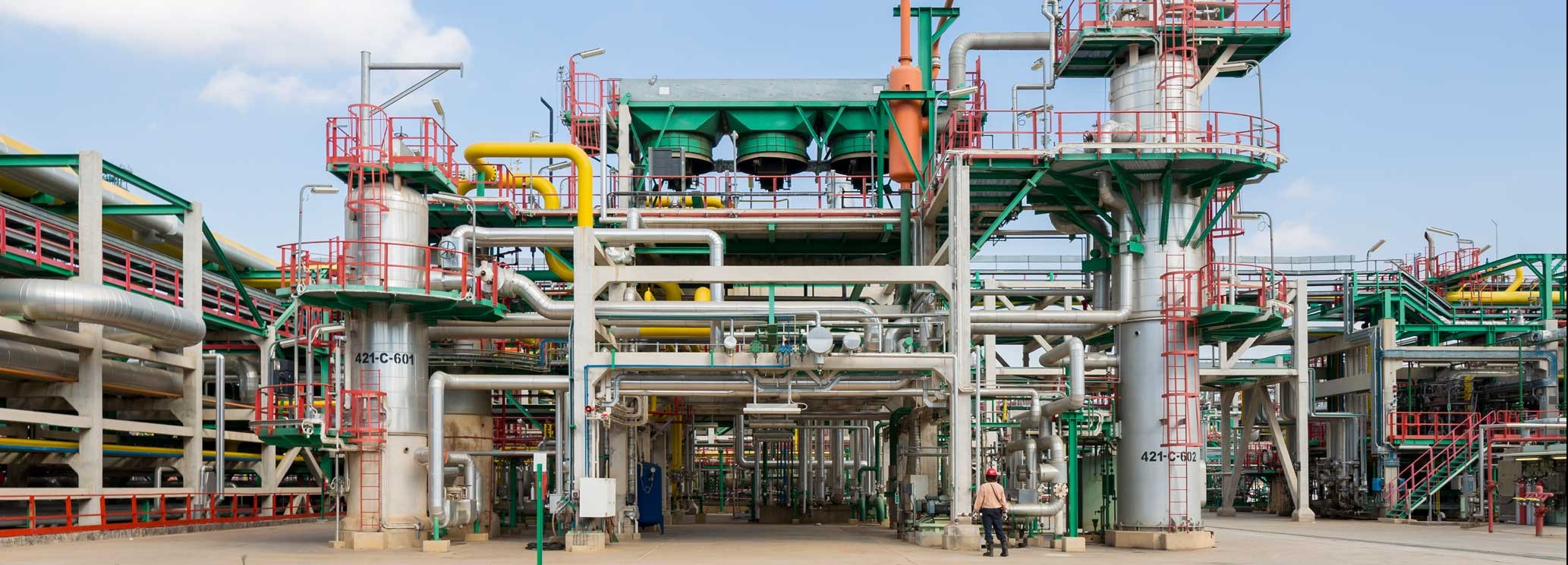
Repsol marks a milestone in the decarbonization of transport in the Iberian Peninsula with the start of large-scale production of renewable fuels at its industrial complex in Cartagena (Spain). This plant is the first on the Iberian Peninsula dedicated exclusively to the production of 100% renewable fuels. The company has invested €250 million in the construction of the unit, which has a production capacity of 250,000 tons per year. It can produce renewable diesel and Sustainable Aviation Fuel (SAF), which can be used in any means of transport: cars, trucks, buses, ships, or airplanes, and with existing refueling infrastructure.
The renewable fuels are produced from organic waste, such as used cooking oil or agri-food waste, thereby giving a second life to these types of residues. They are a quick and cost-efficient solution for the decarbonization of all transport sectors.
The production of 100% renewable fuels at the plant in Cartagena will avoid the emission of 900,000 tons of CO2 a year, since they reduce net emissions by 90% compared to the mineral fuel that they replace due to the lower carbon intensity of the former.
Repsol’s executive managing director of Industrial Transformation and Circular Economy, Juan Abascal, highlighted the milestone that the start of industrial-scale production of 100% renewable fuels represents for the company: “With this first plant on the Iberian Peninsula we are taking another step forward in our transformation towards decarbonization, with a cutting-edge technological project”.
The new plant will process 300,000 tons of organic waste a year – used cooking oil, among others – prioritizing residues of national and European origin.
In order to meet the growing demand of raw materials with lower carbon intensity to produce renewable fuels, Repsol has signed a strategic agreement with Bunge by which it acquires 40% of three industrial facilities operated by Bunge Ibérica dedicated to the production of oils and biofuels in Bilbao, Barcelona, and Cartagena, close to Repsol’s industrial complexes. With this alliance, Repsol increases its access to a wide portfolio of low-carbon raw materials to produce renewable fuels.
The new plant in Cartagena, whose production of 100% renewable fuels represents 5% of total diesel output of the facility or 17% of its kerosene production, will be followed by a second one in Puertollano in 2025. With an investment of €120 million, a unit at this industrial complex will be converted to produce 240,000 tons of renewable fuel. Repsol also plans to replicate this model in a third industrial center in Spain before 2030. At the same time, the company is committed to synthetic fuels (e-fuels), which are produced from renewable hydrogen and CO2 captured from the atmosphere.
Repsol aims to reach a total production capacity of renewable fuels, including renewable hydrogen and biomethane, of between 1.5 and 1.7 million tons in 2027 and up to 2.7 million tons in 2030, and to lead the market in Spain and Portugal for this type of fuel. With this project, and other initiatives already underway, the company is at the vanguard of the industry in terms of renewable fuel production capacity.